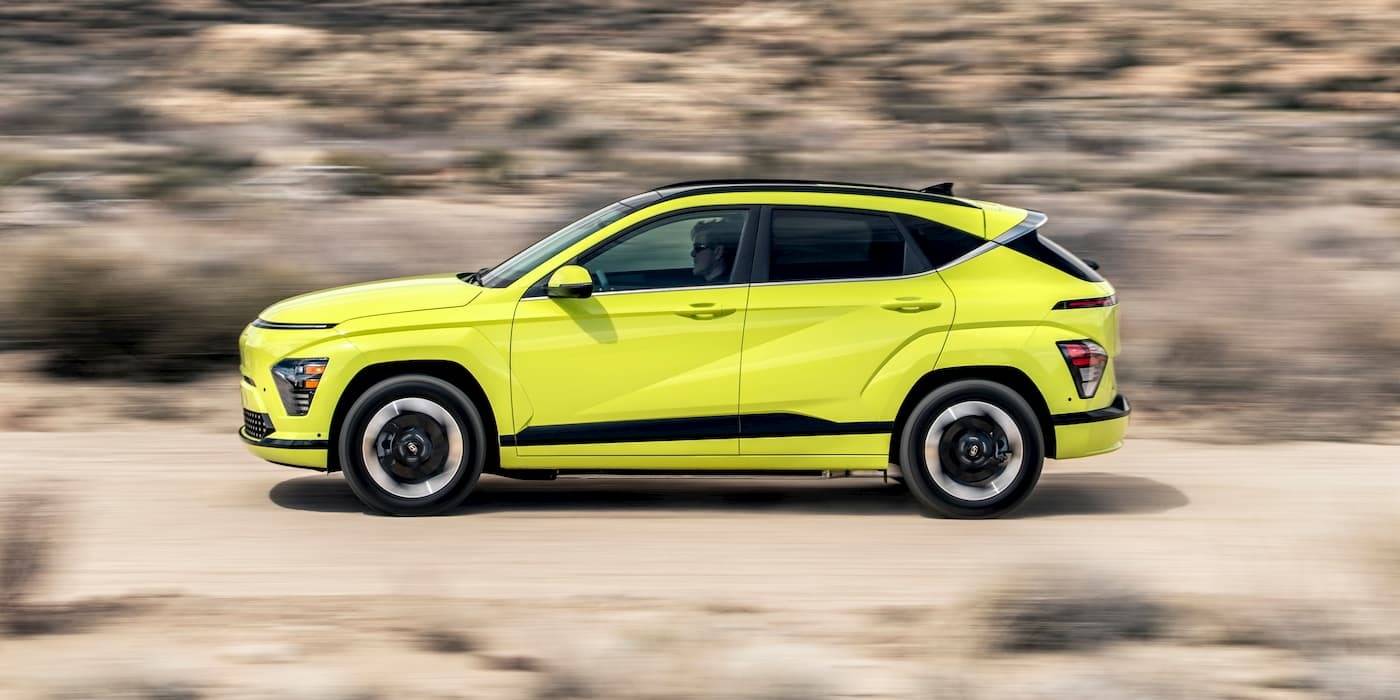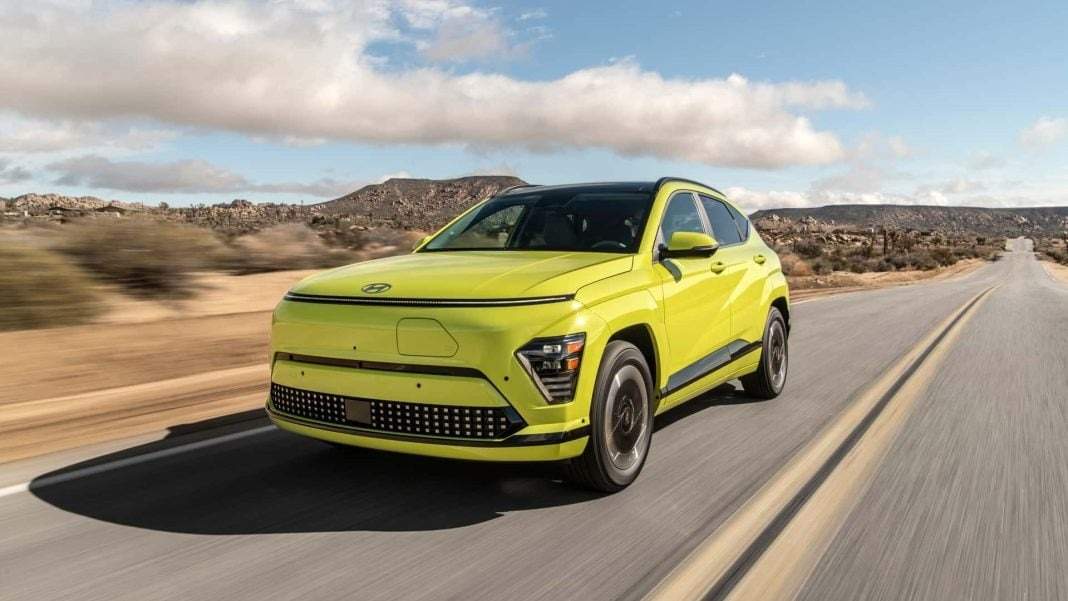Hyundai Kona Electric 2024: Enhanced Range and Performance for the Eco-Friendly SUV
Hyundai's latest launch, the 2024 Kona Electric, stands out with its mix of advanced features and practical improvements. The new model, which is slated to arrive in the United States by late fall, brings subtle yet significant improvements to its predecessor, the 2023 Kona Electric.

Hyundai's latest launch, the 2024 Kona Electric, stands out with its mix of advanced features and practical improvements. The new model, which is slated to arrive in the United States by late fall, brings subtle yet significant improvements to its predecessor, the 2023 Kona Electric.

The electric car has a 64.8-kilowatt-hour battery.
The 2024 Kona Electric features a slightly larger 64.8-kilowatt-hour battery, a small but meaningful increase from the previous 64 kWh capacity. This enhancement results in a modest boost in range, offering an EPA-estimated 261 miles on a single charge. This increase, although seemingly small, demonstrates Hyundai's commitment to the growing advancements in EV technology.
However, it's not just about long distances. The new Kona also features electric efficiency improvements, although it is slightly less energy-efficient than its predecessor. With an energy consumption rate of 116 MPGe, or about 291 watt-hours per mile, that's a slight increase in energy consumption. This can be attributed to the vehicle's larger dimensions, including a longer wheelbase and increased width, which potentially affects aerodynamics.

Charging time is significantly improved, thanks to a more powerful 10.8-kW on-board charger, reducing the full charging time to around three hours. Additionally, DC fast charging is faster, taking 43 minutes to charge to 80%.
The 2024 model introduces new features like i-Pedal mode for one-pedal driving and a smart regenerative system that adapts to traffic conditions. These innovations, along with vehicle-to-load (V2L) capability, highlight Hyundai's focus on enhancing the driver experience in electric mobility.
While pricing remains unannounced, it is expected to be in line with the outgoing model, making it a competitive option in the EV market. However, the lack of eligibility for the $7,500 federal tax credit for imported EVs is a significant drawback. But with the Chevrolet Bolt EV discontinued, Kona Electric has a chance to capture a significant share of the entry-level EV segment.
